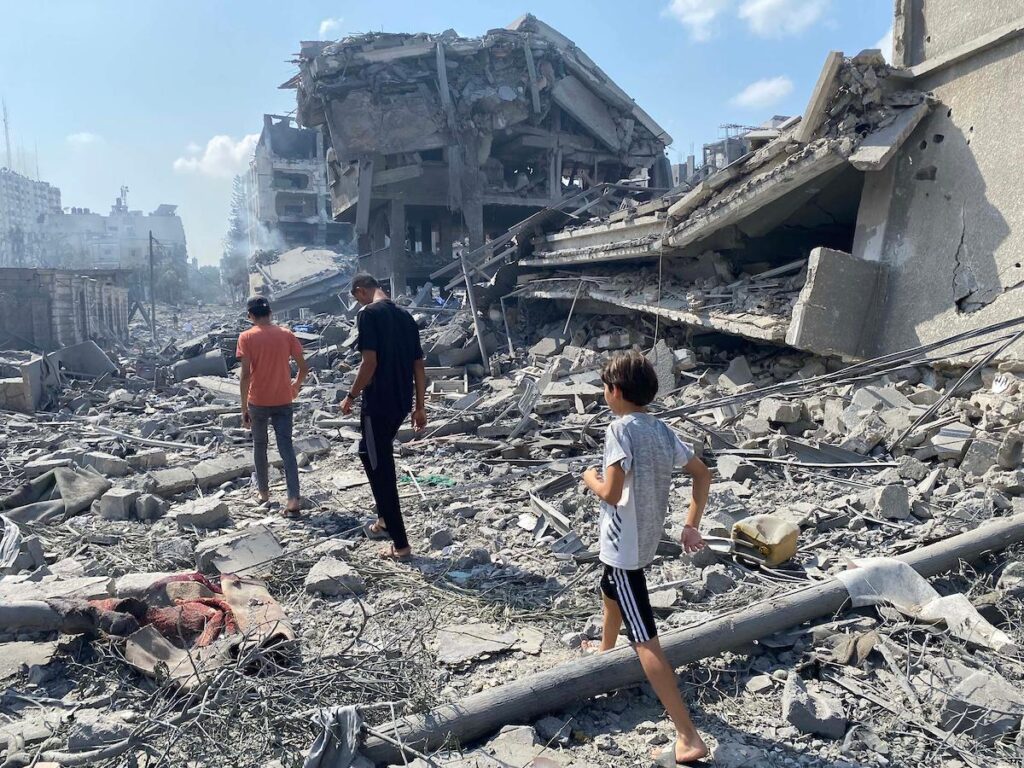Rising Tensions: Evidence of Human Rights Violations in Gaza Shakes Alliances
Since the dramatic escalation in hostilities on October 7, the political landscape in the Middle East has undergone significant transformation. As the conflict in Gaza sharpens into yet another pivotal moment, concerns about potential war crimes have escalated not only within the region but also among Israel’s traditional allies. This mounting evidence of misconduct is prompting nations to reassess their positions and responses in this ongoing crisis.
A New Phase for the Israeli-Palestinian Conflict
Almost two years after the last major flare-up, the situation has taken a turn that many observers fear could lead to severe consequences. Reports from Gaza indicate increasing instances of civilian casualties, including women and children, suggesting that military actions may cross into the territory of war crimes. Human rights organizations are beginning to document these allegations systematically, citing indiscriminate attacks on civilian infrastructure and populations.
Amid this troubling backdrop, several reporting bodies have flagged possible breaches of international law. Allies of Israel are being called upon to weigh the implications of their support, as both moral and legal questions arise concerning involvement in the conflict.
Reactions from Global Players
The shift in sentiment among Israel’s allies reflects broader geopolitical considerations. For example, countries that have long been vocal supporters of Israel are now expressing unease. As they gather evidence from various non-governmental organizations and on-the-ground reports, diplomatic discussions are intensifying. Leaders are facing growing pressure from their constituencies to take a firmer stance against actions that contradict established humanitarian principles.
Amid the growing discord, the announcements and statements by international figures are being closely monitored. Some leaders advocate for immediate ceasefires to allow humanitarian corridors for civilians, while others express skepticism over the political will to initiate such measures given the current climate.
| Country | Response to Gaza Conflict | Current Stance |
|---|---|---|
| United States | Strong ally of Israel, facing calls for accountability | Encouraging humanitarian aid |
| United Kingdom | Expressed concern over civilian casualties | Advocating for ceasefires |
| European Union | Critical of escalation methods | Pushing for international investigations |
As these tensions heighten, the need for concerted action is emphasized. Civil society groups are appealing for accountability measures to be instituted, along with efforts to assist those displaced by the ongoing violence. Meanwhile, discussions regarding a comprehensive peace framework have grown urgent, but achieving consensus amid the fluctuating dynamics remains a complex challenge.
With reports of humanitarian crises emerging from Gaza, it is evident that the costs of this conflict are being paid disproportionately by civilians. The world watches closely as allies of Israel navigate a treacherous diplomatic landscape, fraught with ethical complexities and profound human implications.


